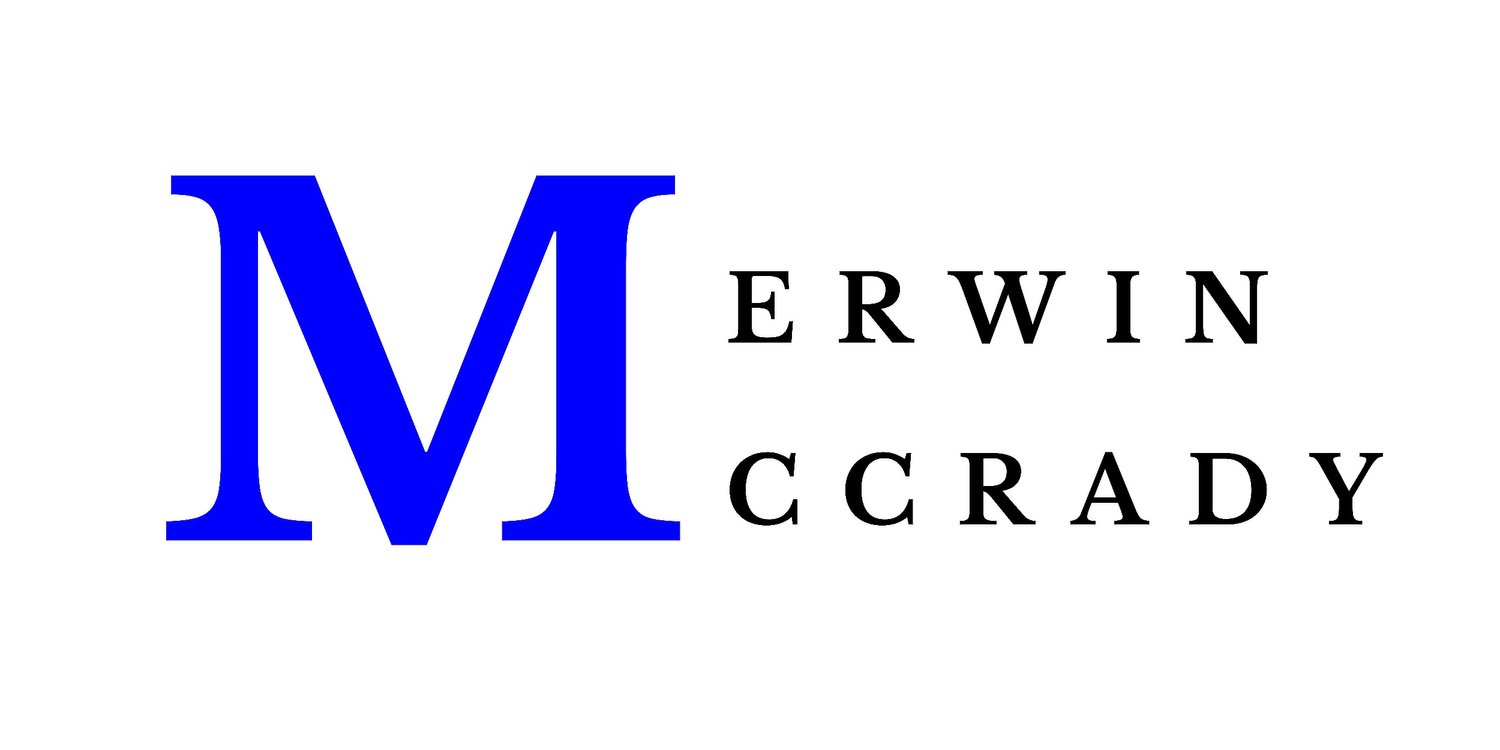The Struggle Between Gay Men and Their Fathers
Photo by Anete Lusina from Pexels
In my first novel and the one I’m currently writing, I present a theme in my characters’ lives: a strained relationship with their fathers. Not only is this something I’ve dealt with in my own life, but an experience I’ve witnessed with many gay men I’ve spoken to throughout my life. So I got curious and researched what could be the reasons. Of course, there was the obvious such as prejudice views against the LGBT community that society still upholds, but there was a viewpoint I had never considered. How society views masculinity and the unexpected experiences some families may go through when learning their child is queer.
Here are three main reasons I believe gay men and fathers on a large scale have a strained relationship with each other. This does not automatically assume all gay men have great or better relationships with their mothers. However, there’s more representation in media of the mother being supportive to her gay son than there is with his father.
Prejudice Against LGBTQ
This is an obvious reason, but it’s still important. Society’s viewpoints on certain people will trickle into how parents raise their children. The cause could be from religion or simply ignorance and intolerance. Those prejudices can be passed down and internalized by children, who can’t easily discern between factual statements and harmful beliefs. Something as simply as saying a homophobic slur or calling another man a “sissy” can be internalized by a son struggling with his sexuality. I always find it interesting when other people say or do things and their reason is “that’s how I was raised” or “that’s what my parents always said”. This isn’t a bad thing on its own, but is an issue when it’s something harmful like racism and homophobia. It can also cause a queer child to harbor feelings of shame and be afraid to express themselves if it deviates from what’s “normal” (read: hetero-normative). Bottom line is that as long as a parent has negative beliefs and prejudices against LGBT people, there will be a strained relationship between them and their queer child.
Toxic Masculinity
Another reason I believe that straight fathers and their gay sons may not have the best relationship between them is society’s view on masculinity. Stereotypically, men are expected to be these unemotional alpha-males in society who should be the constant pillar of strength. If they show any “weakness”, code for femininity, then they are deemed less of a man. Nevermind that male is simply a gender and all human beings are emotional and will laugh just as much as we cry. This can go for interests as well. If a guy isn’t into sports, fast cars and firearms, or likes pastel colors such as pink, then his sexuality (and masculinity) might be questioned. This prejudice is slowly changing in today’s society as we become more socially aware of each other and the harmful beliefs that were widely accepted in the past. Just like with homophobia, fathers who expect their sons to exhibit similar ideals of masculinity may cause a rift between them and their son (gay or straight).
Lessons Passed Down
The last big reason I believe so many gay men have strained relationships with their fathers comes down to lessons and beliefs passed down to these fathers when they were also children. Many parents will repeat whatever their parents passed down to them or how they were treated as children. This article by Psychology Today does a great job of explaining that. Basically, homophobia is ever-present in male-dominant spaces, be it the playground, locker room, or frat house. For instance, I once saw a couple of young boys playing at the beach. When one splashed water on the other, he called his brother a “faggot”. The parents sitting a few feet from them said nothing. Now imagine the boy who is constantly around this grows up, has a son, and expects him to behave this same way. It may be a shock to see that his son has turned to be everything he used to mock other men for behaving. No longer are those homophobic remarks just a harmless joke.
It would be easy to label these fathers as horrible people who are ignorant of the social issues in society. But remember, many parents will try to emulate what their parents did or what they believe is the right way for them to parent. Having a queer child can throw a wrench in those plans and expectations. If fathers are supposed to be these stoic figureheads unless there’s a football game on, then they may be afraid to have an honest conversation with their child and learn about the experiences they're having. On a separate but related note, I’ve had plenty of conversations with straight men who felt like failures because they couldn’t uphold the expectations their fathers had for them, despite them having a good life on the outside.
Conclusion
Not all gay son and father relationships stay strained, though. This article highlights author Tim Clausen, who interviewed over eighty gay men about their relationship with their fathers. In his book Not the Son He Expected, he showcases those men whose fathers came around to show love and support despite their earlier negative reactions. I haven’t read it yet, but it seems to be a source of inspiration and even healing for some readers.
This is an example that not all hope is lost. As we move forward, a lot of the coding and prejudices of past generations are eroding away into more acceptance and tolerance. Yet there are still gay men out there who’s story with their fathers may never produce a happy resolution once they are adults. Hence why I’ll continue to write stories that will show an array of these relationships. I’ve read stories where the father and son have a great and loving relationship, and others where the relationship is tragic and forever lost. I think showing both is important in LGBT literature as we progress in society.
If you liked this post, share it on social media. And if you haven’t read it yet, check out my book Staying Alive. It focuses on the relationship between a father and son along with the theme of forgiveness.

